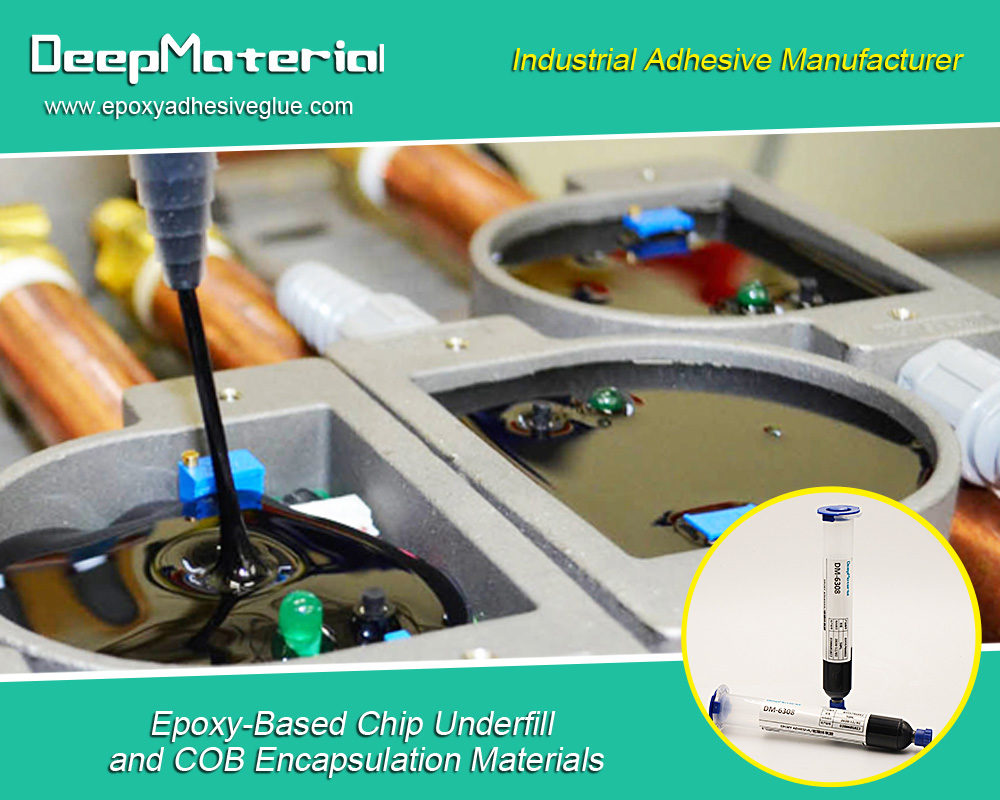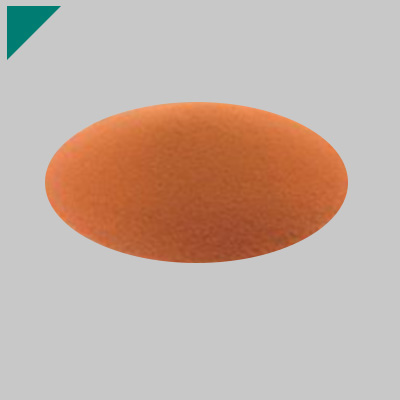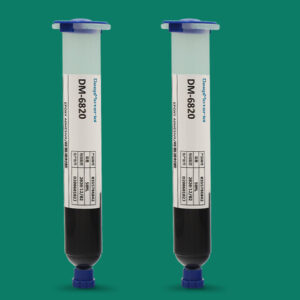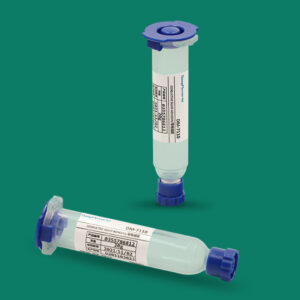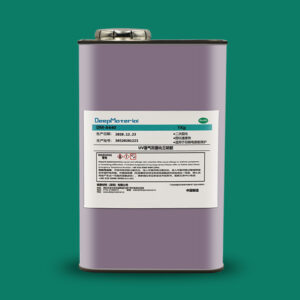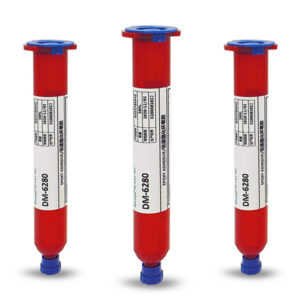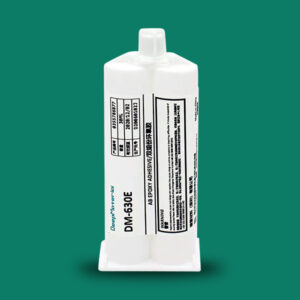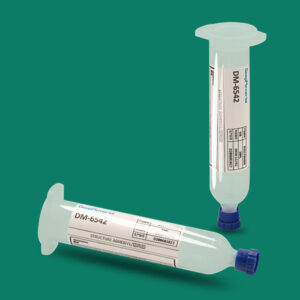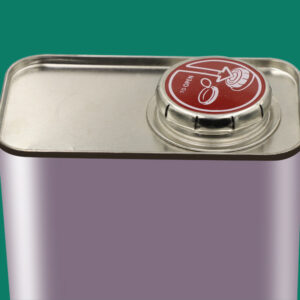How durable are automotive adhesives? Can they withstand vibrations and loads during automotive use?
How durable are automotive adhesives? Can they withstand vibrations and loads during automotive use?
The automotive industry is constantly evolving with many driving factors, and while there is increasing focus on autonomous and electric vehicles, a key area of emphasis remains lightweighting. Simply reducing the weight by 10% can improve fuel economy by 6% to 8%. While high-strength lightweight steel continues to be used for lightweighting, there is a growing demand for new low-density metals such as aluminum and magnesium. Polymer materials like fiber-reinforced composites are also on the rise. As a result, modern lightweight design requires new adhesive technologies to optimize material combinations in today’s vehicle structures. Adhesive bonding is particularly important as it enables the use of new material combinations while providing structural advantages for bonded components, ensuring design flexibility and enhancing vehicle structural integrity.
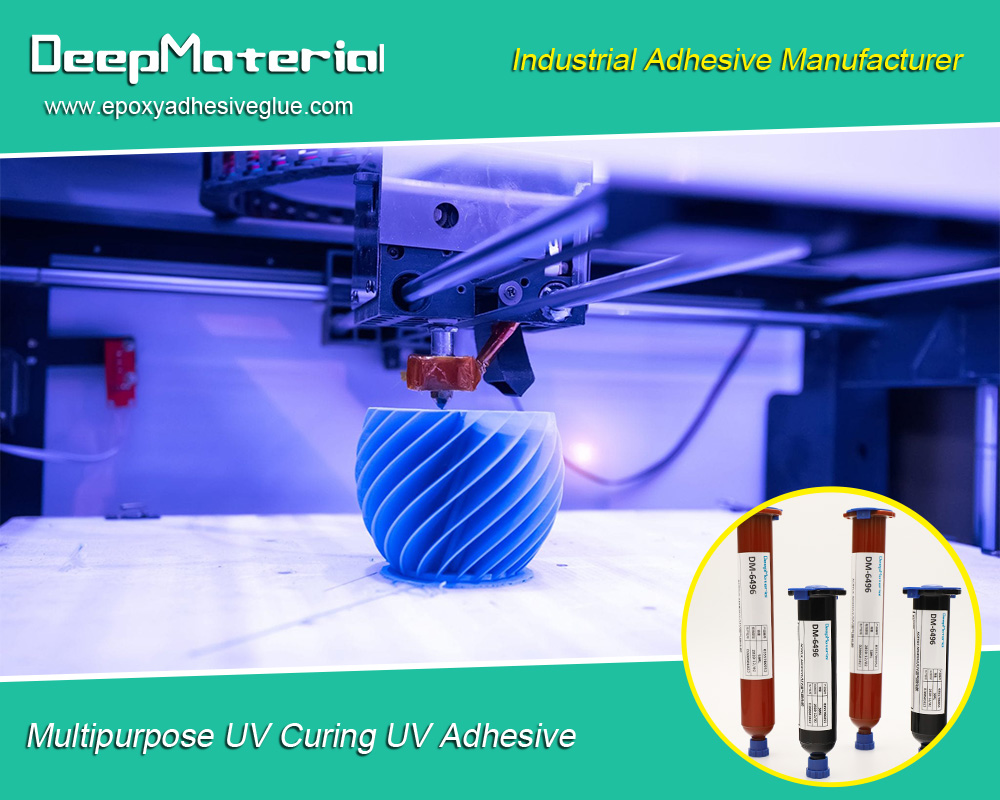
Automotive adhesives are designed to be durable and capable of withstanding the various challenges of automotive use, including vibrations and loads. They are specifically formulated to handle various factors, including vibrations, loads, temperature fluctuations, and exposure to chemicals, moisture, and UV radiation. They are formulated to provide strong bonding and structural integrity in the demanding environment of a vehicle.
Automotive adhesives are designed to be durable and provide long-lasting bonds in the challenging conditions of automotive use. The durability of automotive adhesives can vary depending on several factors, including the type of adhesive, the materials being bonded, and the specific application. Here are some commonly used automotive adhesives and their general durability:
Structural adhesives: These adhesives are designed to create load-bearing bonds. They are typically two-part adhesives that consist of a base resin and a curing agent. Structural adhesives offer high strength and excellent resistance to vibrations and loads, making them suitable for bonding components such as body panels, chassis parts, and structural reinforcements.
Seam sealers: Seam sealers are used to fill gaps and seal joints in automotive bodies. They provide resistance to vibrations, impacts, and environmental factors. Seam sealers often have good flexibility to accommodate the movement of joined components, ensuring long-lasting and durable seals.
Epoxy adhesives: Epoxy adhesives are known for their high strength and durability. They can withstand vibrations, impacts, and heavy loads. Epoxy adhesives are commonly used for bonding metal components, such as engine parts, brackets, and transmission components.
Polyurethane adhesives: Polyurethane adhesives offer excellent flexibility, which allows them to withstand vibrations and dynamic loads. They are commonly used for bonding glass to the car body and for other applications requiring a combination of strength and flexibility.
Bond Strength: Automotive adhesives are formulated to provide high bond strength. They are capable of creating strong and durable bonds between various materials, such as metals, plastics, composites, and glass. The bond strength ensures that the adhesive can withstand the stresses and loads experienced during automotive use.
Environmental Resistance: Automotive adhesives are designed to resist exposure to a range of environmental factors. They can withstand temperature fluctuations, moisture, chemicals, UV radiation, and other harsh conditions commonly encountered in automotive applications. This resistance helps maintain the durability of the adhesive bond over time.
Flexibility: Automotive adhesives often possess a degree of flexibility to accommodate the movement and deformation of bonded components. This flexibility helps distribute the stresses and loads evenly throughout the bond, reducing the risk of bond failure. It also allows the adhesive to adapt to the thermal expansion and contraction of different materials, preventing cracks and debonding, enhancing the overall durability of the adhesive bond.
Aging and Degradation: Over time, automotive adhesives may experience some level of aging and degradation. However, high-quality adhesives are designed to have good resistance to aging, maintaining their bond strength and durability even after prolonged exposure to automotive conditions.
Automotive adhesives are specifically formulated to withstand vibrations and loads encountered during automotive use. They are designed to provide strong and durable bonds that can handle the dynamic forces and stresses associated with driving conditions. Here’s how automotive adhesives address vibrations and loads:
Vibration Resistance: Automotive adhesives are engineered to have good resistance to vibrations. They can absorb and dampen vibrations, preventing them from causing bond failure. This is particularly important for adhesive applications in areas where vibrations are prominent, such as the engine compartment, suspension components, and body panels. By maintaining their integrity under vibrations, automotive adhesives help ensure the structural stability and longevity of the bonded components.
Impact Resistance: Automotive adhesives are designed to resist impacts and shock loads. They can absorb and dissipate energy, minimizing the risk of bond failure due to dynamic loads. This characteristic is particularly relevant for adhesive applications in areas prone to impact, such as crash structures, bumpers, and trim attachments.
Load Bearing Capacity: In terms of load-bearing capacity, automotive adhesives can provide significant strength. Especially structural adhesives, are designed to create load-bearing bonds. These adhesives offer high tensile, shear, and peel strength, allowing them to withstand the loads imposed during automotive use. They can handle the forces generated by acceleration, braking, and cornering, as well as static loads from components and payloads. They are engineered to withstand the forces experienced by various automotive components, such as engine mounts, chassis joints, and structural reinforcements. The adhesive’s strength and load-bearing capabilities depend on factors such as the type of adhesive used, the bonding surfaces, and the preparation and application techniques.
Testing and Validation: Automotive adhesives undergo rigorous testing and validation to ensure their performance under varying conditions. Manufacturers subject these adhesives to vibration tests, load tests, thermal cycling tests, and other simulations that replicate real-world automotive conditions, including exposure to temperature variations, moisture, and mechanical stress. This helps verify their ability to withstand vibrations and loads throughout the lifecycle of the vehicle.
When properly selected and applied, automotive adhesives can offer excellent resistance to vibrations. They are often used to bond components such as trim pieces, body panels, glass, and even structural elements. The adhesive’s ability to absorb and distribute stresses helps to minimize the impact of vibrations on the bonded parts.
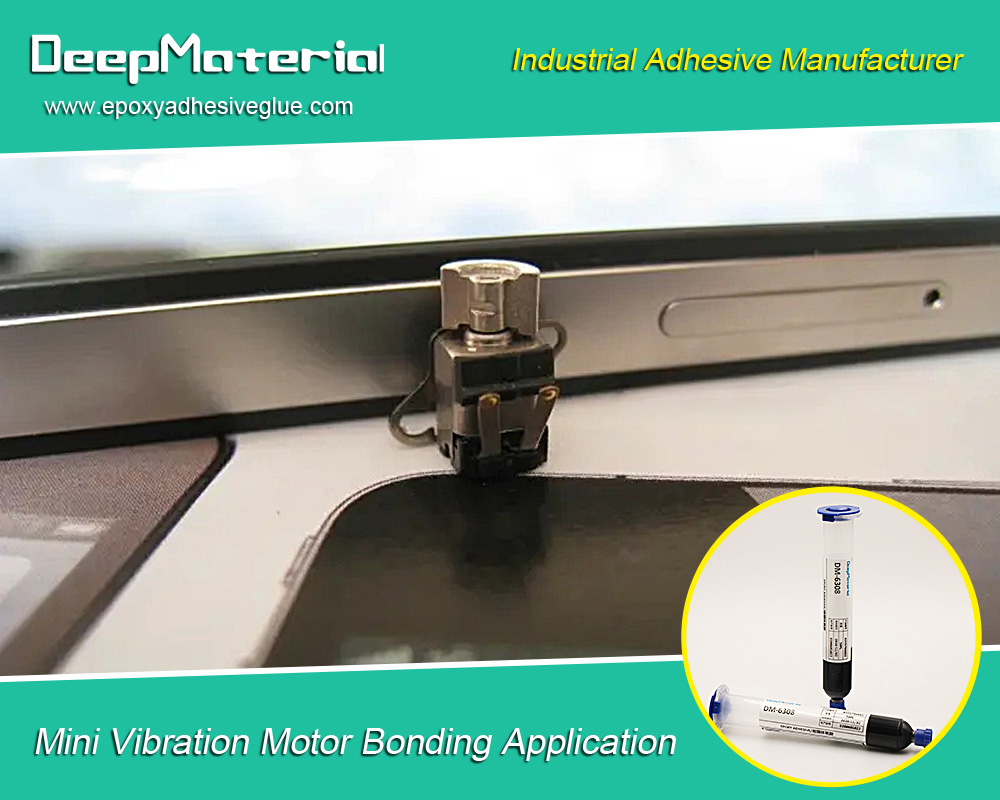
However, it is important to note that the performance of automotive adhesives can vary due to various factors such as specific adhesive products, bonding materials, surface preparation, and application processes. The key is to follow the manufacturer’s instructions and guidelines, as well as detailed instructions regarding cure times, temperature requirements, and application methods, to achieve the optimal bond strength and durability.
Overall, when used correctly and in appropriate applications, automotive adhesives can provide durable bonds that withstand the vibrations and loads associated with automotive use.They play a vital role in enhancing the structural integrity and overall performance of vehicles.
For more about choosing how durable are automotive adhesives? Can they withstand vibrations and loads during automotive use, you can pay a visit to DeepMaterial at https://www.epoxyadhesiveglue.com/category/epoxy-adhesives-glue/ for more info.


